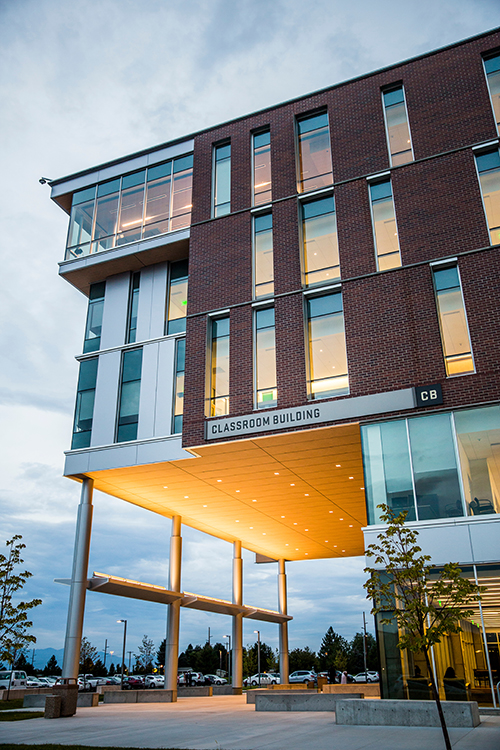You can take an active role in increasing your own personal safety, the safety of those you care about, as well as others around you. While there is no way to eliminate the chance that something may happen, there are strategies you can employ that may reduce your risk and help you have the confidence to take steps to prevent sexual harassment.

Consent is an agreement between participants to engage in sexual activity. It must be freely given, informed, enthusiastic, and specific. Consent can be revoked at any time. It can only be given by someone 18 or older, and is not mentally and/or physically incapacitated.
Giving consent for one activity is not giving consent for other activities.
Incapacity, in the context of consent, refers to a person's inability to give informed and voluntary consent to a particular activity or decision. This may be due to various reasons such as physical or mental disability, illness, intoxication, or being under the influence of drugs.
When a person is incapacitated, they are not capable of understanding the nature and consequences of the activity or decision they are consenting to, and therefore, cannot give valid and legal consent. In such cases, any purported consent is considered null and void, and any activity carried out based on such consent is considered non-consensual and possibly illegal.
Consent can be withdrawn at any time and the other person involved must respect that. Communicate with your partner that you are not comfortable and would like to stop.
When meeting someone new for the first few times…
Don’t give them your address to pick you up for the date—drive yourself. Otherwise they will know where you live.
Meet somewhere public and stay in public places.
Don’t get in their vehicle and let them take you out of a public setting until you trust them.
Tell someone where you are going, who you are meeting, and when you will be back. This can be a friend, roommate, or family member. It’s also a good idea to have an emergency exit plan with that person in place.
If you feel uncomfortable with your date, it is okay to end your date and leave. Be direct and don’t let them talk you into something you feel uncomfortable with. If you’re not comfortable with that and want to leave, it’s okay to "make something up" like saying that you don’t feel well, or you have to meet someone at a specific time, or take a phone call.
If you feel like you need assistance you can ask others for their help. You could ask the server at the restaurant or another person for their help. You are never obligated to stay in a situation where you feel uncomfortable, pressured, or threatened.
The safety and well-being of our students, staff, and faculty are of utmost importance to us, and we believe that everyone has the right to feel secure in their environment. Below you will find some practical tips and advice on how to stay safe while on campus, whether you are studying, working, attending an event, or just hanging out. From personal safety to Cybersecurity, we can each take steps to increase our own safety and the safety of those around us.

Lock your doors and windows when you are asleep and when you leave your room or apartment. Be aware of your valuable items such as electronics and wallet and ensure you keep them in safe and secure places. If you have a car, lock your doors and windows. Do not leave items in your car, even for a few minutes. Doing so may invite someone to break into your vehicle.

You can relax and have a good time while still making safety a priority! Whether it's hanging out with friends, going to a party, attending an activity or event, please consider the following about staying safe and looking out for others in social settings.
What you choose to share on social media is always your decision, but what others choose to do with your information is not always under your control. Be proactive about personal safety regarding social media on your online presence.
Remember the internet is a pen. What you do, what you access and what you post is recorded, stored, and tracked. You should always remember that your social media and online activities are creating a digital history that may be recalled at any time in the future, to your potential benefit or detriment depending on your activities and those of other people in your social circles.